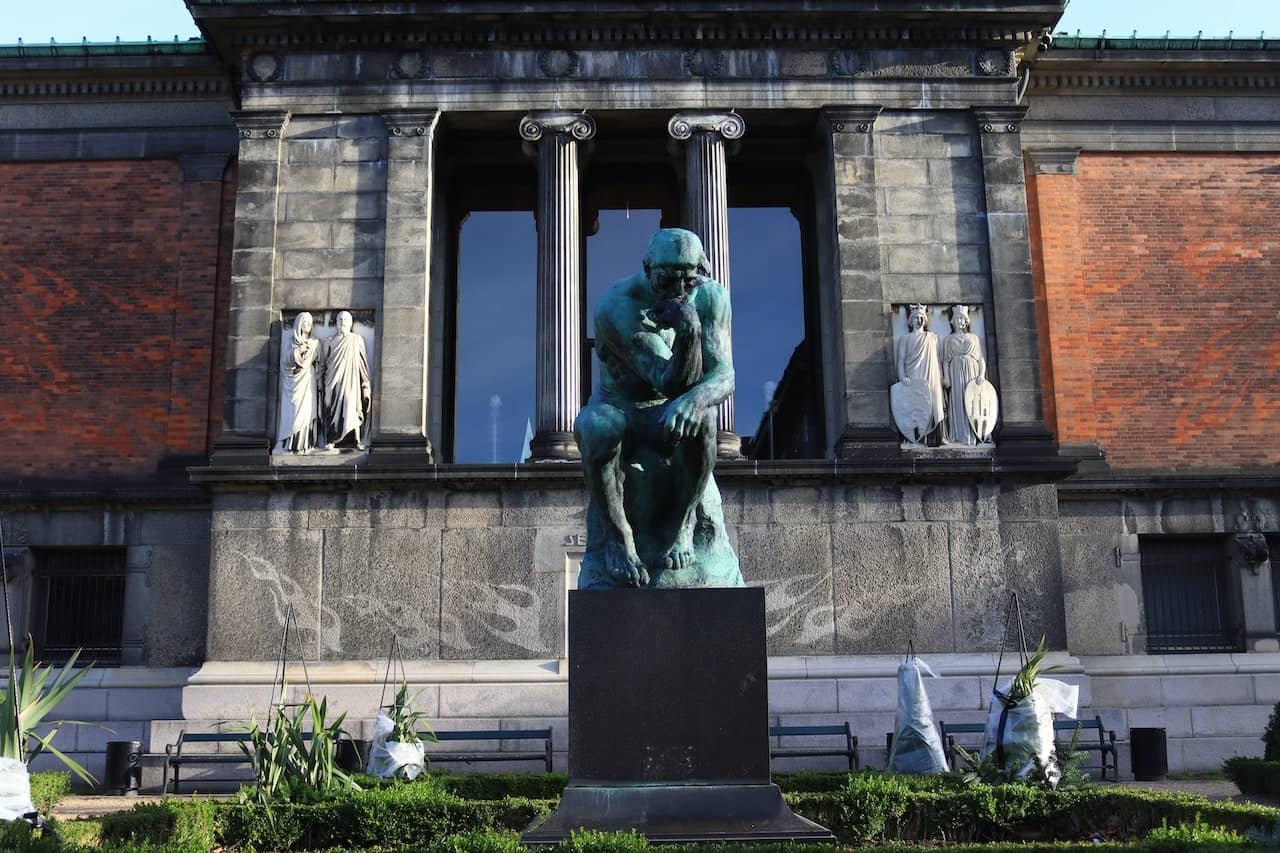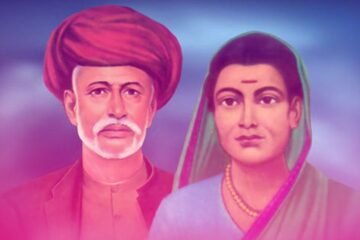The age of enlightenment was a period in western history spanning from the late 17th century to the late 18th century characterized by a surge in intellectual and philosophical advancements during this time key thinkers and philosophers sought to challenge traditional beliefs and championed reason science and individualism they paved the way for modern western society by promoting ideas such as liberty democracy and the separation of church and state in this article we will explore some of the key figures of the enlightenment and their influential ideas that continue to shape our world today
| S. No. | Key Thinkers | Year | Ideas | ||
| 1 | John Locke | 1632-1704 | Natural Rights, Social Contract Theory | ||
| 2 | Voltaire | 1694-1778 | Freedom of Speech, Religious Tolerance | ||
| 3 | Jean-Jacques Rousseau | 1712-1778 | Popular Sovereignty, General Will | ||
| 4 | Immanuel Kant | 1724-1804 | Categorical Imperative, Reason | ||
| 5 | Adam Smith | 1723-1790 | Free Market, Division of Labor | ||
| 6 | Montesquieu | 1689-1755 | Separation of Powers, Checks and Balances | ||
| 7 | Mary Wollstonecraft | 1759-1797 | Women’s Rights, Education | ||
| 8 | Denis Diderot | 1713-1784 | Encyclopedia, Secularism | ||
| 9 | David Hume | 1711-1776 | Skepticism, Empiricism | ||
| 10 | Benjamin Franklin | 1706-1790 | Electricity, American Revolution | ||
| 11 | Thomas Paine | 1737-1809 | Common Sense, Rights of Man | ||
| 12 | Jean le Rond d’Alembert | 1717-1783 | Scientific Method, Mathematics | ||
| 13 | Johann Wolfgang von Goethe | 1749-1832 | Romanticism, Faust | ||
| 14 | Cesare Beccaria | 1738-1794 | Criminal Justice, Abolition of Torture | ||
| 15 | René Descartes | 1596-1650 | I think, therefore I am, Dualism |



